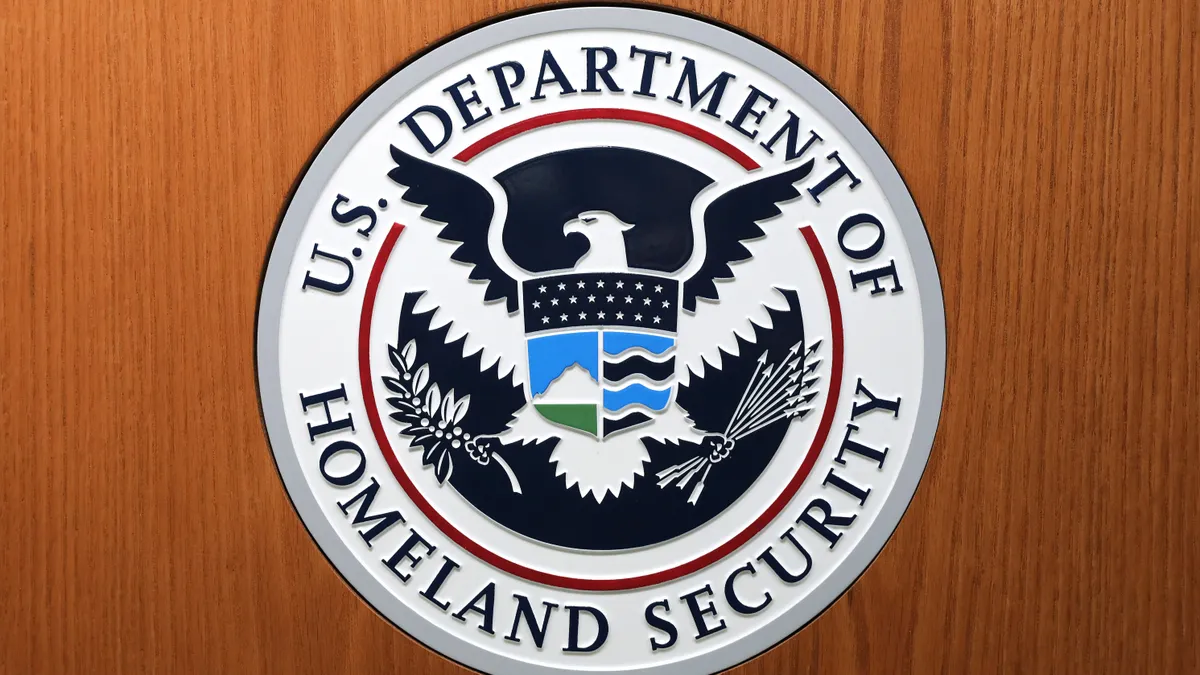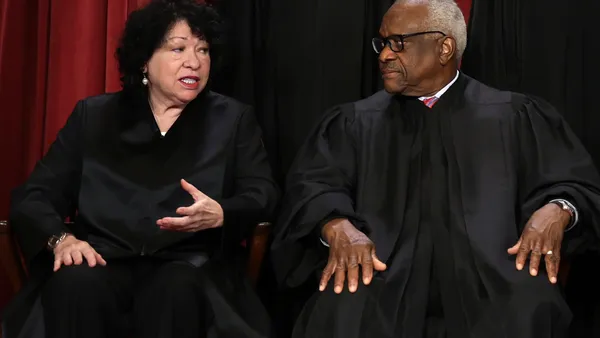Dive Brief:
- The U.S. Department of Homeland Security issued a final rule Wednesday updating H-1B visa eligibility requirements and other changes it said would give employers greater flexibility in employing skilled foreign workers.
- DHS’ rule follows up on a 2023 proposed rule that sought to “modernize” the H-1B program. Specifically, Wednesday’s rule revises the definition of “specialty occupation” to clarify that while sponsoring employers may accept a range of qualifying degree fields when considering candidates for such occupations, the fields must be directly related to a job’s duties in order to meet the specialty occupation requirement.
- Other changes include updated definitions for the nonprofit and governmental research organization categories, through which DHS would expand visa cap exemption eligibility for some petitions in these categories. Another set of updates clarifies requirements for visa petitioners. The rule is set to take effect Jan. 17, 2025.
Dive Insight:
Employers should prepare for some potential disruption caused by the new rule, attorneys with law firm Fragomen said in a Dec. 17 blog. The firm said the rule would require use of a new Form I-129 and that adjudicators for the U.S. Citizenship and Immigration Services “may take some time to become familiar with the new legal standards.”
It’s one of many immigration-related adjustments employers might need to make ahead over the next few months. The upcoming inauguration of President-elect Donald Trump has caused some employment law experts to warn of the potential for worksite investigations, as well as auditing of employers’ Form I-9 compliance practices.
In a press release Tuesday, DHS said its latest rule aimed to improve efficiency as well as flexibility in the H-1B program.
“The H-1B program was created by Congress in 1990, and there’s no question it needed to be modernized to support our nation’s growing economy,” Ur Jaddou, director of USCIS, said in the release. “The changes made in today’s final rule will ensure that U.S. employers can hire the highly skilled workers they need to grow and innovate while enhancing the integrity of the program.”
Last year’s H-1B proposed rule also contained provisions around preventing fraud that DHS addressed separately in a final rule published last January. That rule amended the agency’s process for selecting H-1B visa program registrants, implementing a “beneficiary centric” process that selects petitions by unique beneficiary rather than by registration.
Correction: A previous version of this article provided the incorrect publication date for the Fragomen blog. The story has been updated.














